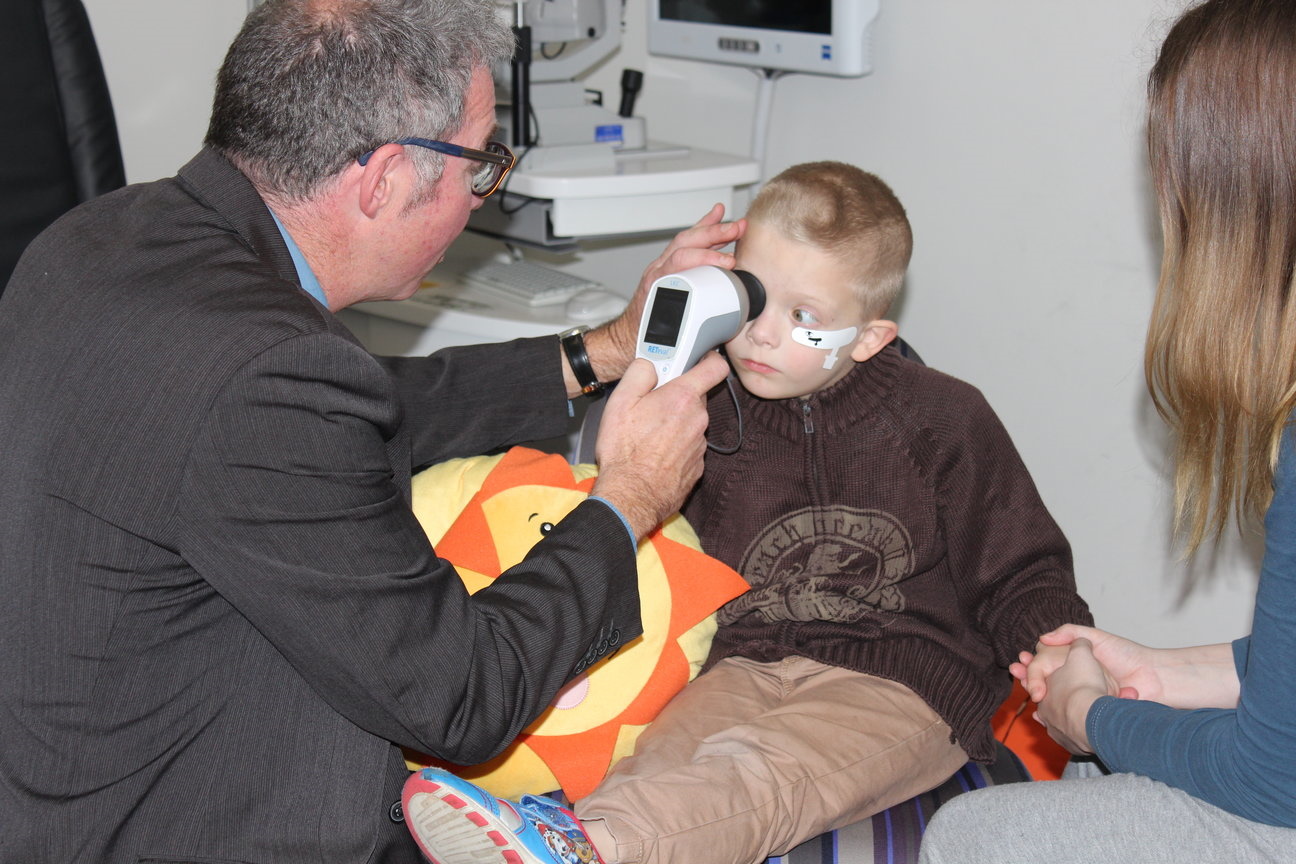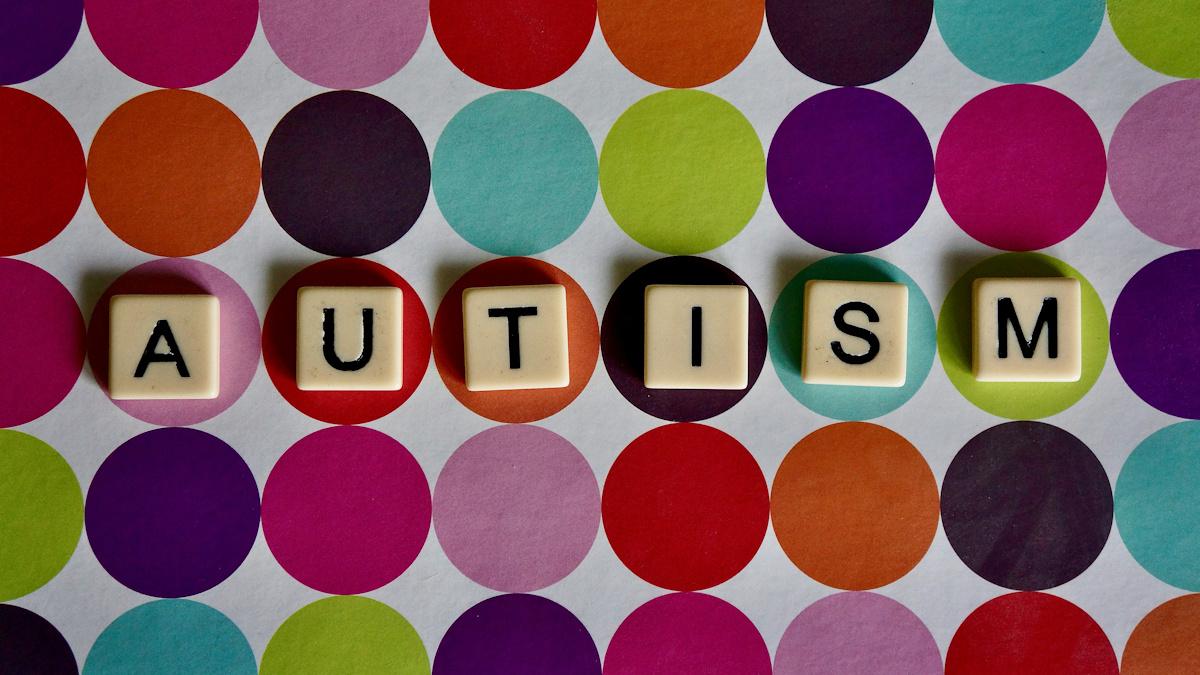Simple eye test could help screen kids for autism

Researchers have developed a new test that could detect children with autism years earlier than is currently possible using an eye scanning device.
At the moment, diagnosing autism spectrum disorder (ASD) relies on a battery of behavioural and development tests, because there’s no simple diagnostic, such as a blood test, to identify children with the condition.
Children can sometimes be diagnosed as autistic when they’re quite young, in some cases from the age of two but typically around age four.
It can take years, particularly if the person doesn’t have learning difficulties that affect some autistic people, and it’s not unknown for diagnoses to occur even in adulthood.
The new approach, pioneered at Flinders University in South Australia, uses a handheld device to look for a pattern of subtle electrical signals in the retina that appear to be different in children on the autism spectrum.
It is though that the test measures differences in brain development that are reflected in the retina, because eye and brain tissue develop together.
The electroretinogram device has grown out of a collaboration between Flinders optometry researcher Dr Paul Constable – whose son was diagnosed with ASD at age three – and researchers at Yale Child Study Centre in the US and Great Ormond Street Hospital in London, UK. Constable has been working on finding a biomarker for autism since 2006.
The device has been tested on almost 180 people with and without autism between the ages of 5 and 21 in a study recently published in the Journal of Autism and Developmental Disorders. It has shown that people with autism tend to have reduced b-waves in response to light when tested with the electroretinogram.
“The test is a quick, non-intrusive eye-scan using a hand-held device and we anticipate it will be equally effective on younger children,” said Constable.
“Very early diagnosis means not only can children receive important interventions, but families are empowered to get the necessary supports in place, come to terms with the diagnosis, and make informed decisions,” he added.
Constable’s research team is also investigating the scan to detect autism in younger children and other conditions including attention deficit hyperactivity disorder, as well as other neurodevelopmental disorders such as Parkinson’s disease, depression and schizophrenia.
Early detection in firstborn children could give parents the opportunity to decide if they want to have more kids, given studies suggest an increased likelihood siblings of autistic children will develop the disorder.
For now there is no drug treatment for ASD, but Roche has been testing a vasopressin V1A receptor inhibitor called balovaptan (RG7314) which failed to hit the mark in a phase 2 trial but has been advanced into a phase 3 programme de to generate results in 2022.
A vasopressin nasal spray is also being studied by researchers at Stamford University in the US, while the National Institutes of Health (NIH) is putting an intranasal oxytocin product through a clinical trial.













